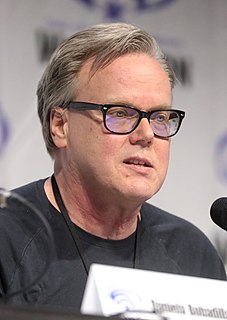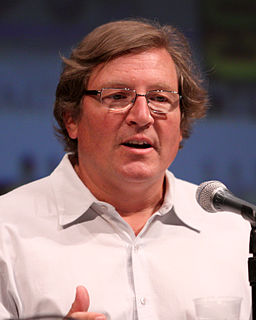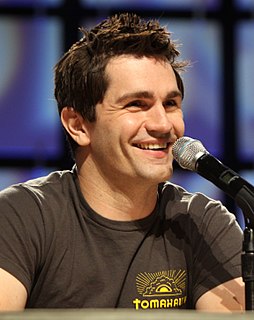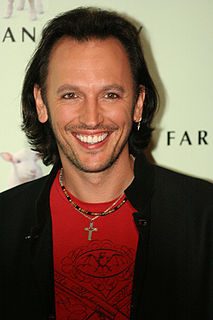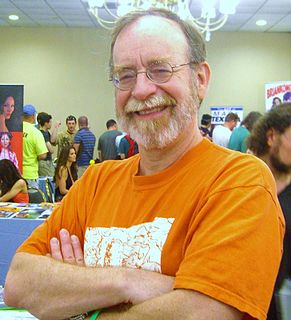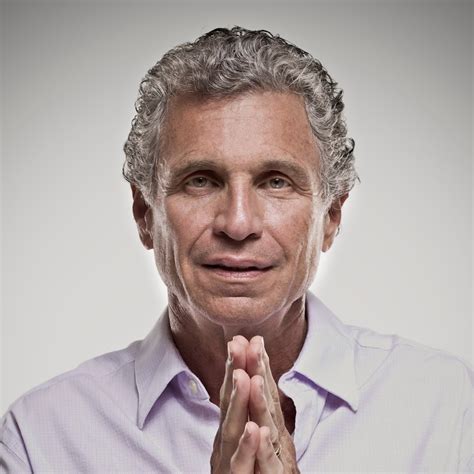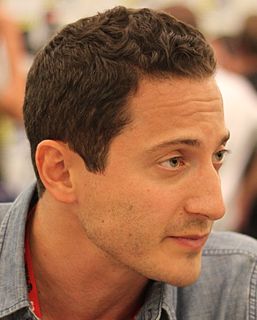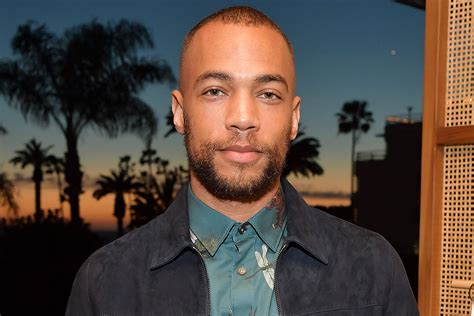Top 617 Mythology Quotes & Sayings
Explore popular Mythology quotes.
Last updated on April 14, 2025.
Lest we forget at least an over the shoulder acknowledgment to the very first radical: from all our legends, mythology and history (and who is to know where mythology leaves off and history begins - or which is which), the very first radical known to man who rebelled against the establishment and did it so effectively that he at least won his own kingdom - Lucifer.
I have always been interested in mythology and history. The more I read, the more I realized that there have always been people at the edges of history that we know very little about. I wanted to use them in a story and bring them back into the public's consciousness. Similarly with mythology: everyone knows some of the Greek or Roman legends, and maybe some of the Egyptian or Norse stories too, but what about the other great mythologies: the Celtic, Chinese, Native American?
For black people in the western hemisphere, if you can't generate a mythology that creates models of heroism and power out of the mythology that you had, then that means that somehow the mythology you had was not only feeble and weak, but that you are ultimately a powerless people. That's a notion that, I think, that can't be accepted.
I did have the resource of having taught Greek mythology and the history of Western civilization, and you can go back into the plays of Aeschylus and follow what happens when people seek revenge, and there are people plucking their eyes out. And Greek mythology is filled with all kinds of monsters and whatnot.
We've never pulled from the toy line. We've always pulled from the mythology. What's great is there's so much mythology, so there's always stuff to pull from that. It never lines up perfectly for a movie; it's just like adapting a book or anything else, you know? But you come up with things to create, you come up with different ideas, but fundamentally the ideas always start from the mythology.
Obi-Wan understands that the best thing he can do is contribute something positive to the world around him and then to leave. And if he does that, he will in some ways live forever because the good influence of what he did will be felt. It may sound corny but that's kind of the way I feel about contributing to Star Wars characters. It isn't about me. It's about the story. It's about the mythology of Star Wars and the moral implications of that mythology.
I had been a reader of THOR in college. I had read the Stan Lee and Jack Kirby stuff. I had loved it. I had been a Norse mythology fan since I was a kid and was thrilled to discover a comic that was kind of based on Norse mythology-there's not a one-to-one correspondence, but there's no reason there should be. I was delighted to find it, and I didn't care that it wasn't exactly the myth. For one thing, Thor didn't have red hair in the comics. I was fine with that.
If we can’t puncture some of the mythology around austerity, politics or tax cuts or the mythology that’s been built up around the Reagan revolution, where somehow people genuinely think that he slashed government and slashed the deficit and that the recovery was because of all these massive tax cuts, as opposed to a shift in interest-rate policy - if we can’t describe that effectively, then we’re doomed to keep on making more and more mistakes.
Mythology is not a lie, mythology is poetry, it is metaphorical. It has been well said that mythology is the penultimate truth--penultimate because the ultimate cannot be put into words. It is beyond words. Beyond images, beyond that bounding rim of the Buddhist Wheel of Becoming. Mythology pitches the mind beyond that rim, to what can be known but not told.
I see the main problem as a spiritual one, not a resource problem, or a problem with this or that government, but a larger problem centered around human beliefs, the troublesome elements founded in our mythology. Our problematic mythology is collapsing all around us. It is a mythology that is predatory.
What they teach you as history is mythology and true mythology is far from fantasy -- it is our true history. A bulk of our real history can be found in Egyptian and Greek mythology. Yes, myths reveal to us worlds of other dimensions that make up our true reality. History books teach us that the minds of the past operated on the same frequency, dimension, or level of consciousness as we do now. Not true at all.
I think of mythology as a function of biology; the energies of the body are the energies that move the imagination. These energies are the source, then, of mythological imagery; in a mythological organization of symbols, the conflicts between the different organic impulses within the body are resolved and harmonized. You might say mythology is a formula for the harmonization of the energies of life.
We must have a new mythology, but it must place itself at the service of ideas, it must become a mythology of reason. Mythology must become philosophical, so that the people may become rational, and philosophy must become mythological, so that philosophers may become sensible. If we do not give ideas a form that is aesthetic, i.e., mythological, they will hold no interest for people.
The gods in Yoruba mythology are not remote at all. They're benign, they're malign, they are mischievous, like Eshu for instance, tricksters, rascally, fornicators, that's a similarity to Greek mythology, for instance, you know. They're not saints, they're not saints. They're powerful. It's why they're not tyrannical. Of course, a number of them are also very, you know, benevolent, you know, there are saintly virtues to be found in them.
One cannot predict the next mythology any more than one can predict tonight's dream; for a mythology is not an ideology. It is not something projected from the brain, but something experienced from the heart, from recognition of identities behind or within the appearances of nature, perceiving with love a 'thou' where there would otherwise have been only an 'it.'





